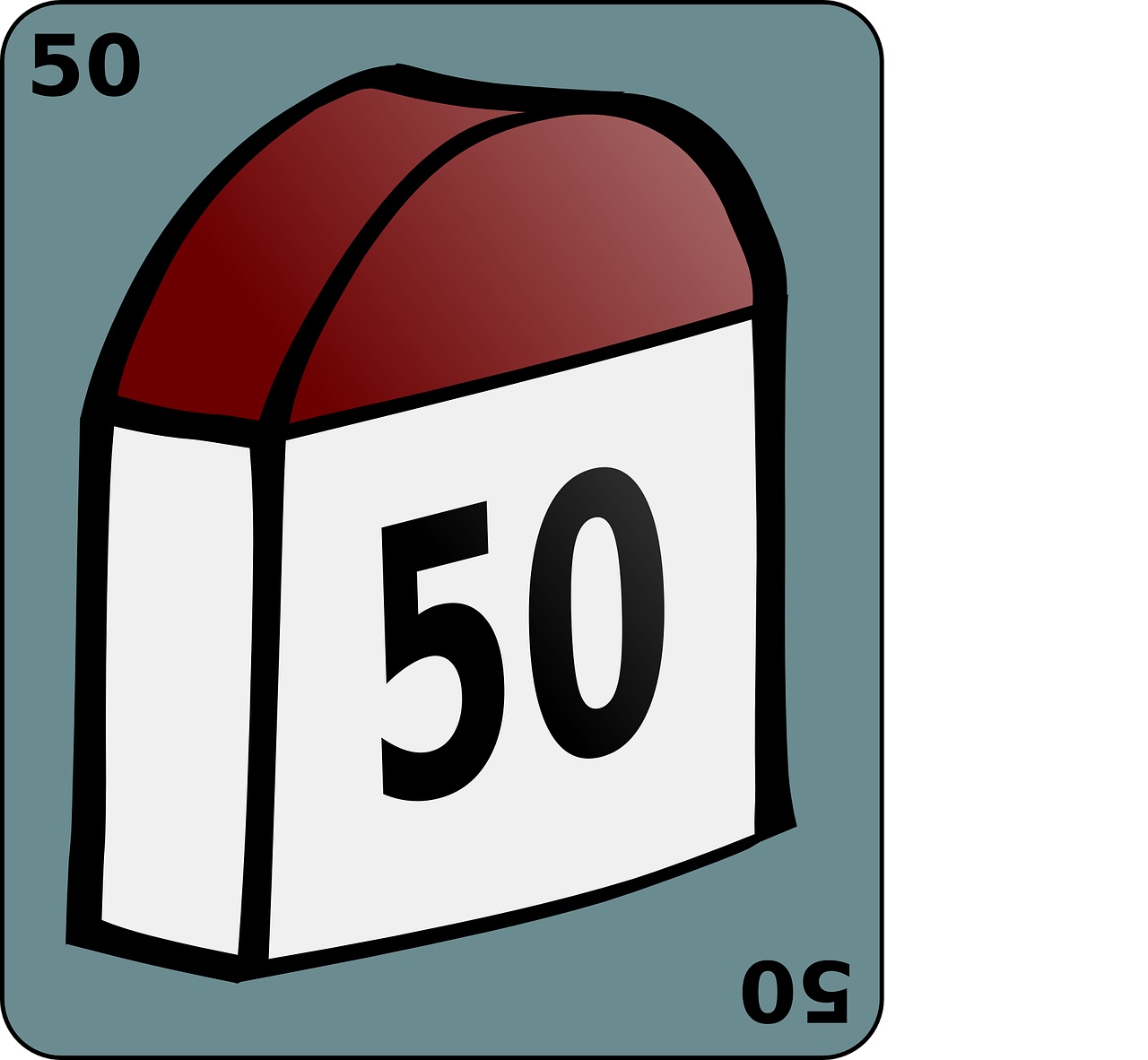
Exceptionally few things can be more confusing as a resident than how much to put in a report. Each faculty member tells you something slightly different. Some want every little detailed description. And others want a dictation that is so short it may even skip over some of the relevant findings. Since the diverse dictations you read are so vast, and each attending does it differently, the variety of recommendations you receive is also all over the map. So, how do you decide what kind of dictation detail is right for you? Well, let me give you some pointers.
Don’t Get Too Deep Into The Weeds
Like I did when I started, I had noticed that many new radiologists would get into the nitty-gritty of the technical aspects of a dictation while forgetting about the ultimate desired result. We shoot for an answer to a question that the referrer is providing. And that is the main reason for the report itself. So, when you see a dictation continuing to harp on T1 and T2 weighting as well subtle points of artifacts and the finer points of a description that no one will use (including the subsequent radiologist that reads the report), it is probably too much. These reports typically have an impression that is a mile long and a result section that needs a table of contents! So, avoid too much technical jargon description.
Keep It A Little Bit Longer With More Detailed Description Than Your Attending-
At the same time, for most attendings, you probably want to make sure that your dictation is a little bit longer than they would write. Why? Because your faculty precisely knows what the clinician needs from a report and the audience they are writing to address. You don’t know these factors as well. So, it pays to describe a little more than what they would place in their dictation. Additionally, as most attendings do, you should use the dictation as a guide so that you won’t forget what to add to your final note.
Make Sure All The Relevant Findings Are Present
If you are reading a trauma chest CT scan, make sure to put in the dictation that there is no mediastinal hematoma. That statement is probably not valuable if the patient is here for pneumonia instead. So, think about the pertinent negatives and positives you would need to rule in or rule out the diagnosis that the referring physician needs. Even if this adds a few lines to your report, it’s probably a good idea to add it because it can help to figure out the patient’s final disposition.
Be Sure To Make The Detailed Description As Objective As Possible
Objectivity trumps subjectivity any day of the week. Statements should be a matter of fact and not an opinion as much as possible. The extra vocabulary and detail that goes into a report with all the subjective phrases such as “I believe” or “appears/seems” are superfluous at best and harmful at worst. They indicate insecurity to the reading physician. And you probably know what that means! They are going to order more unnecessary tests based on your uncertainty. So, please keep your objectivity in your dictation!
After All Of That, It May Depend On Your Faculty Member
The final consideration you need to determine the length of your dictation is the faculty member reviewing your report. Unfortunately, at your stage, your dictation is not quite yet your own. So, make sure to write the specific details your attending requests. They are often apt to change whatever you finally say anyway. Therefore, make sure to do it the way they want the first time!
How Much Detailed Description Belongs In A Resident Report?
It’s a fine line between too much, too little, and just right in the resident’s report. So, please don’t go too deep into the technical jargon; keep it a little bit longer than your attending; ensure relevant positives and negatives are present; keep it objective, and remember your report is for your attending. These guideposts will eventually get your dictations to the appropriate mean that satisfies your faculty and the referrers so that they can interpret and understand your final read!















